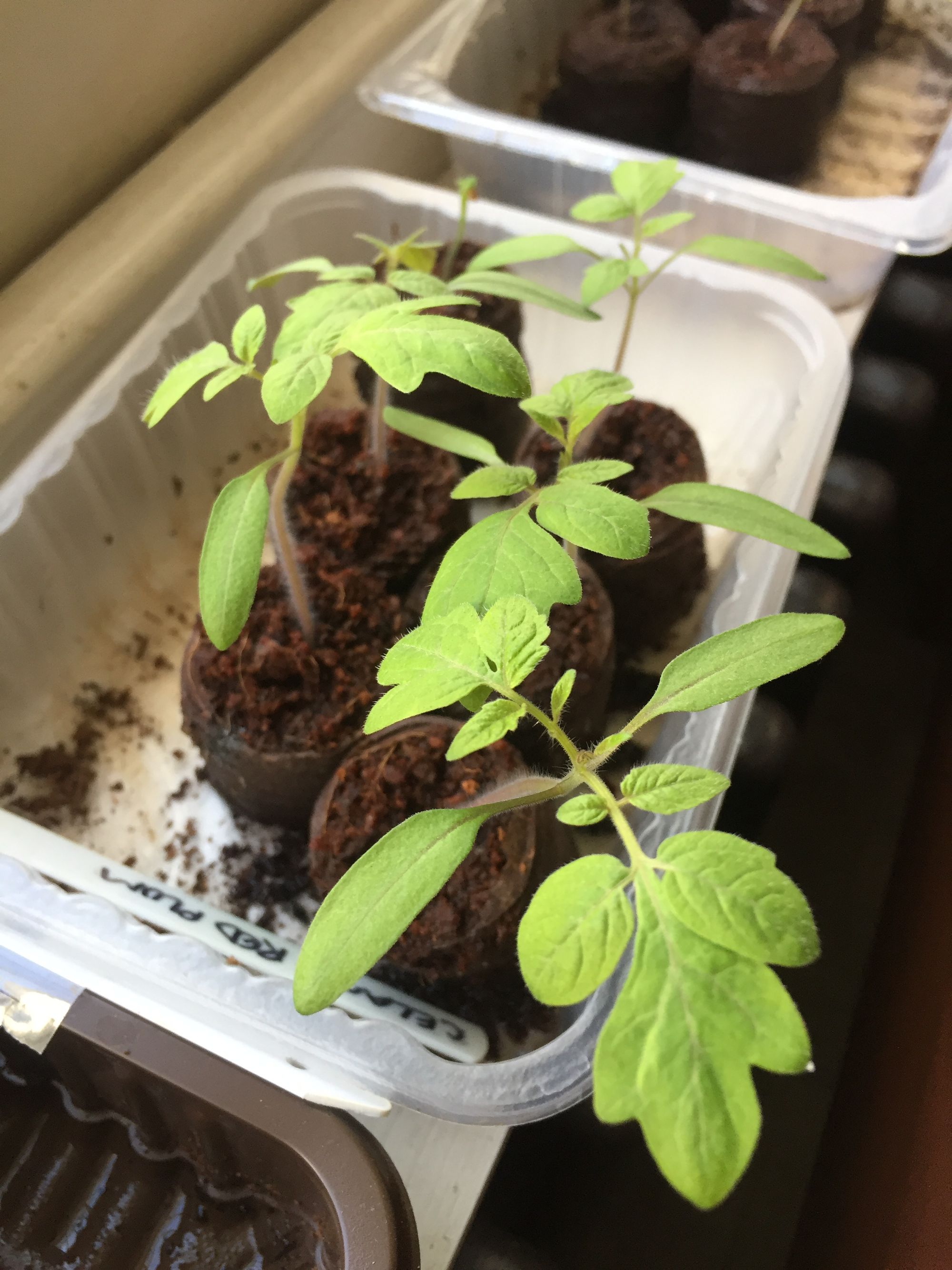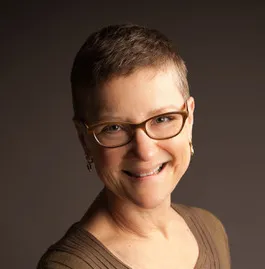Because normal was the problem

As we started to see some signs that the UK lockdown was working, people’s thoughts have started to turn towards life after the current crisis. For those of us working for social justice, we’re not going to be content with a return to “normal”.
My friend, Paul de Gregorio, at Rally, kindly allowed me to use the image above. You can find him here.
As devastating story after devastating story emerges about care workers and health professionals, disproportionately from BAME backgrounds, dying of the virus, Downing Street announced that a review will be launched into the reasons why. In the US, the Federal government has left it up to journalists and researchers to compile ethnicity data of coronavirus deaths of “the racial pandemic within the pandemic”. Questioning why there are systemic health inequalities and face up to the answers is vital if we’re to create a better normal.
As we clap each Thursday, I urge us all to think about these issues so that we can start to address them when the clapping fades and we all move on - impossible and far away though that might seem right now.
In the charity sector, too, there have begun to be conversations about what kind of sector will emerge after this crisis. This article about the Sheila McKechnie Foundation’s Power Sharing Project is worth a read. “The Power Sharing Project is about making sure we, as civil society, challenge ourselves not to slot back into the old, easier ways of holding onto power.” And, get involved.
Another way the voluntary sector will be transformed by the Coronavirus crisis is in its use of digital tools. The brilliant Zoe Amar collated some thoughts from a range of charities in her article here.
Learning points:
I’m doing some research into “lived experience” at the moment as part of my NCVO Governance award. It’s a term that’s often thrown around and I’m keen to understand what it means to different people. Let me know if you’d like to contribute.
What am I reading?
Hooray, I’m actually reading a book. And, even more hooray, it’s the second novel by my gifted friend, Guinevere Glasfurd, The Year Without Summer, set in 1816, another year when the planet faced up to a crisis that affected everyone.
What am I watching?
I made a list of old favourite films I wanted to watch again instead of the endless bad news. So far I’ve enjoyed My Beautiful Laundrette, Desperately Seeking Susan, The Odessa File and The Sting. Let me know any suggestions!
Joy-giving things
Seeds are still sprouting. These mini tomato plants seem pretty happy on my kitchen window sill. I bought some varieties that grow as bushes rather than vines this year so they take up less space.

Happy weekend, everyone.
P.S. If you enjoyed this newsletter, do click on the little heart so I know you did. The more hearts, the better, at the moment, quite frankly ❤️
ChangeOut - Leadership . Purpose . Impact Newsletter
Join the newsletter to receive the latest updates in your inbox.
